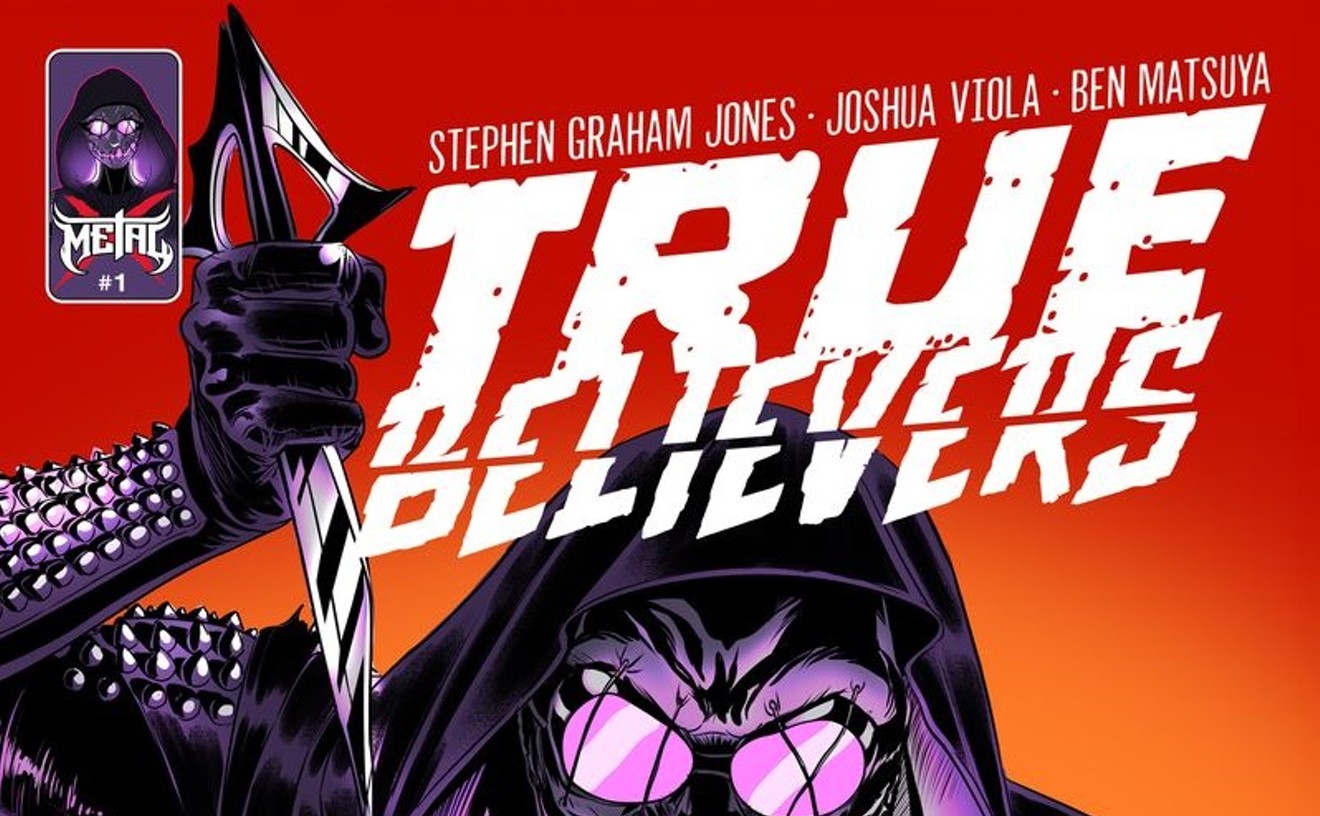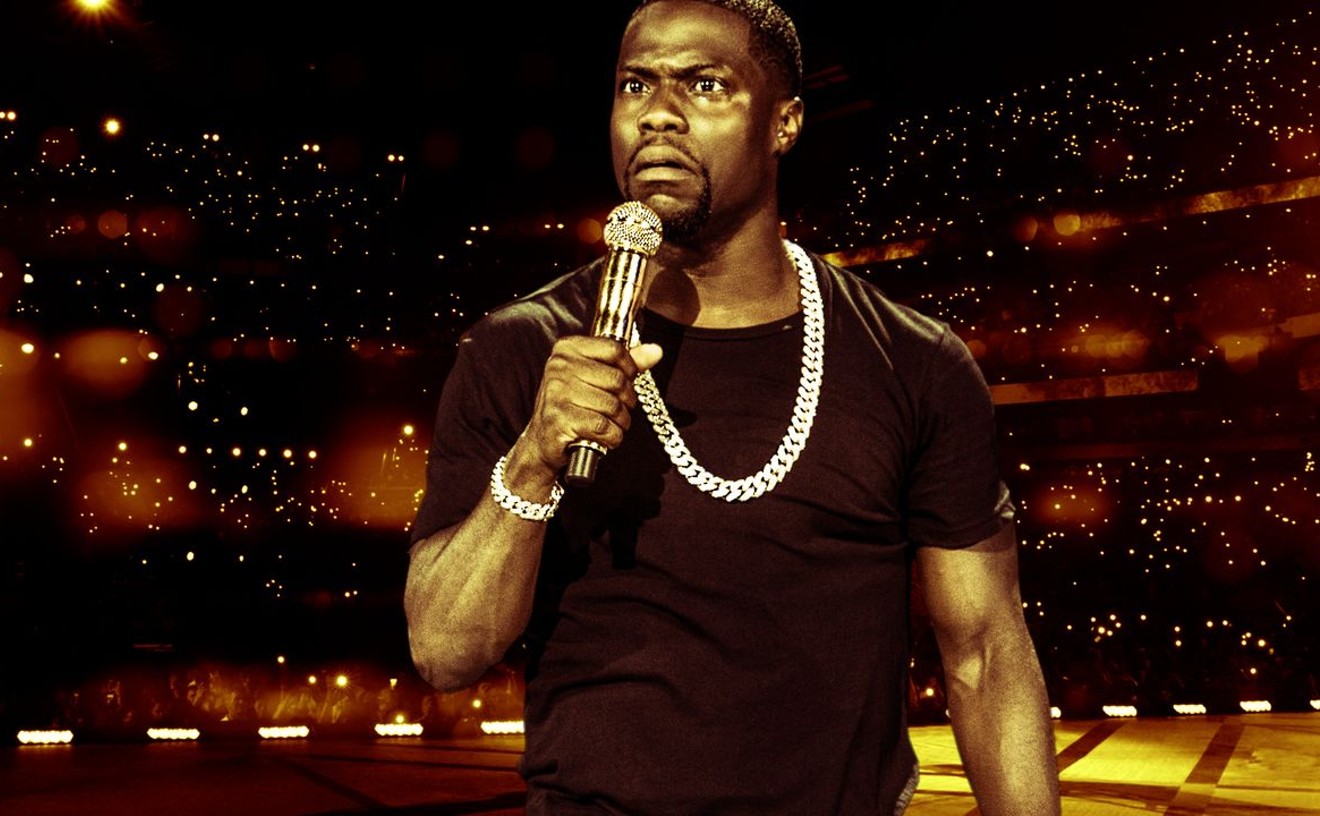A member of the creative writing faculty at the University of Colorado at Boulder and managing editor of the literary journal Timber, Angello helped Westword understand just what "e-poetry" is all about. Read on:
Westword: What is the experiential difference between a traditional poetry reading and one in which e-poetry is being performed?
Aaron Angello: An e-poetry reading relies heavily upon multimedia elements. Electronic literature actively engages sound and visual elements that work in concert with (or in opposition to) the referentiality of the written text. Some poets work in the context of remix, so like a DJ, they mix-up and mash-up text, sound and video. Others will "show" a poem, much as a filmmaker will show a short film. Others might just read a text that was generated by a computer. It's really limited only by the poet's imagination.
One of the major opportunities inherent in e-poetry (and all digital literature) is its potential to be interactive. How does this change the experience for the poet? The reader?
I believe interactivity in e-poetry can shift the power relation between the poet and the reader. The reader, in a sense, becomes a co-author. One can say this is true of all poetry, that the poem doesn't mean anything until the reader processes it on her/his end, but e-poetry really foregrounds the reader's role in the production of meaning. The printed text isn't going anywhere, at least not in the near future. I love my books. But as we shift more and more to reading on electronic devices, it only makes sense the literature is going to change -- because it can. The technologies of writing change writing. In his 1950 essay "Projective Verse," the poet Charles Olson said, "It is the advantage of the typewriter that, due to its rigidity and its space precisions, it can, for a poet, indicate exactly the breath, the pauses, the suspensions even of syllables, the juxtapositions even of parts of phrases, which he intends. For the first time the poet has the stave and the bar a musician has had." Olson was pointing out, rightly I think, that new technologies (in his case, the typewriter) provide the poet with a greater range of expressive possibilities. The word processor changed writing again, the web changed it again, and Web 2.0 is changing it again. As new technologies are introduced, new forms of poetry will inevitably emerge. For Olson, the typewriter gave the writer more control. New media give it to the reader.
What is one of the major misconceptions about digital literature?
I don't think there are really misconceptions about digital literature. Rather, I don't think most people have any conception of what digital literature is at all. Professors of literature often ask me to define it for them (always a difficult thing to do). The funny thing is, people don't find it strange when they get a new cookbook app on their iPad. They read the recipe. They watch a video on the ways to separate an egg. The technology is there, and it makes sense to use it. E-poetry is interdisciplinary, interactive, sometimes complex and difficult, sometimes lyric. But really, in our digitally connected world, it just makes sense.










